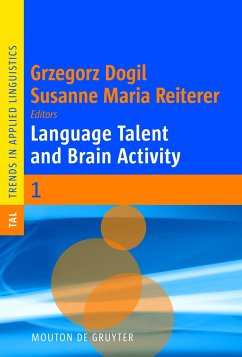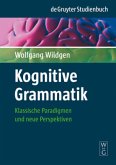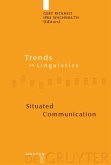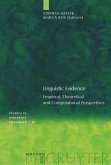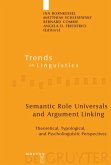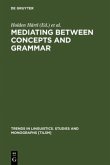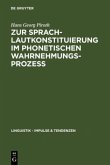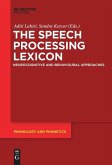This comprehensive project has the objective of describing and assessing pronunciation talent with special focus on its psychological and neural correlates. The first part of this undertaking describes the extensive tests necessary to measure phonetic talent in its various dimensions, such as production and perception, the segmental and suprasegmental levels of speech, and different utterance forms such as spontaneous speech, reading and imitation. Subjects are examined in their native language (German), a familiar second language (English) and, to a lesser degree, an unfamiliar language (Hindi). The project also investigates psychological and behavioral influences such as empathy or motivation on pronunciation performance, as well as correlations with general linguistic aptitude. The described measures and correlations allow a reliable classification of proficiency and talent level to be used in the selection of subjects for the neuroimaging studies in the second part of the project. These use functional magnetic resonance imaging in order to observe differences in brain activity between talented and untalented individuals during the performance of phonetic tasks (perception of phonetic differences, imitation, reading).

